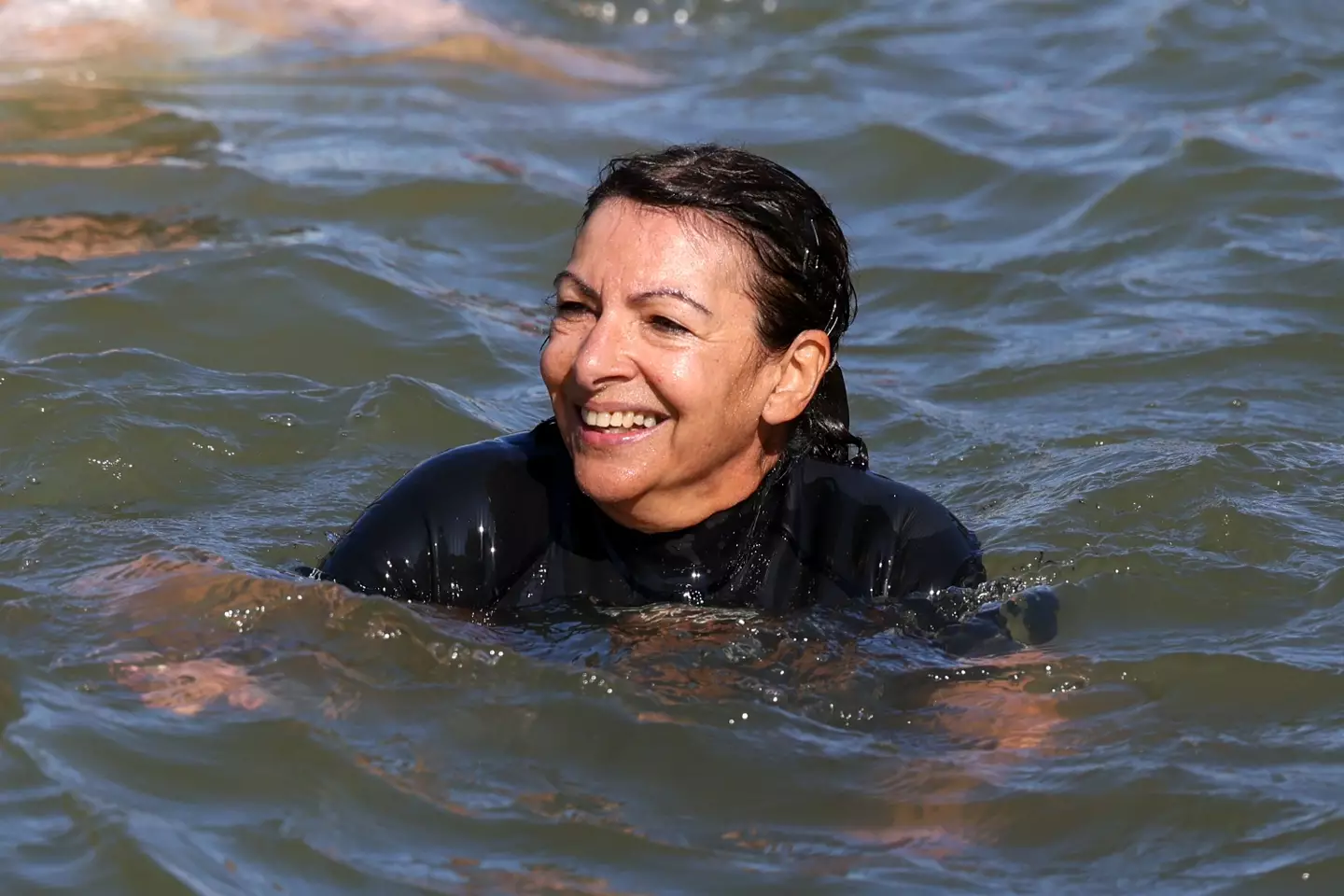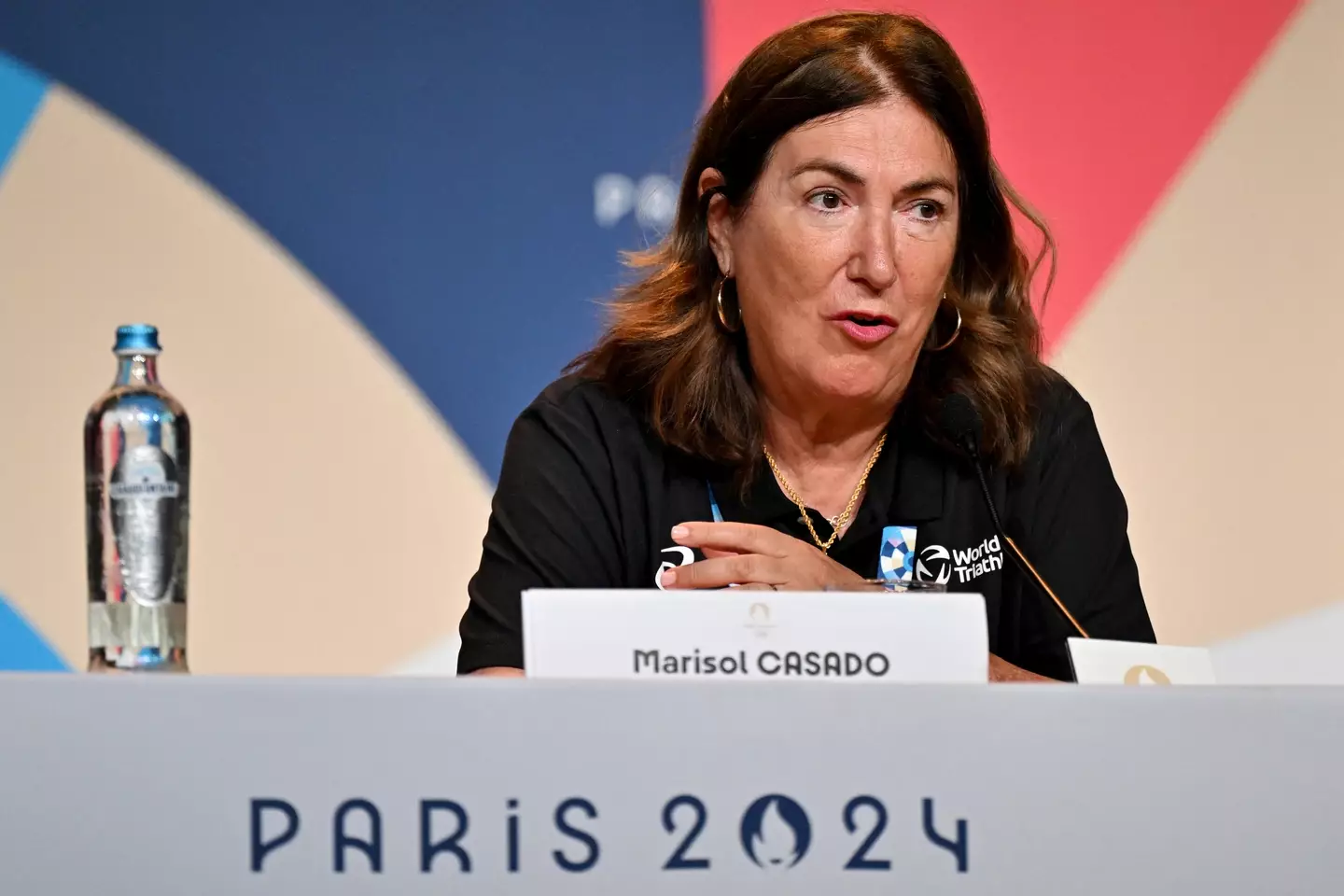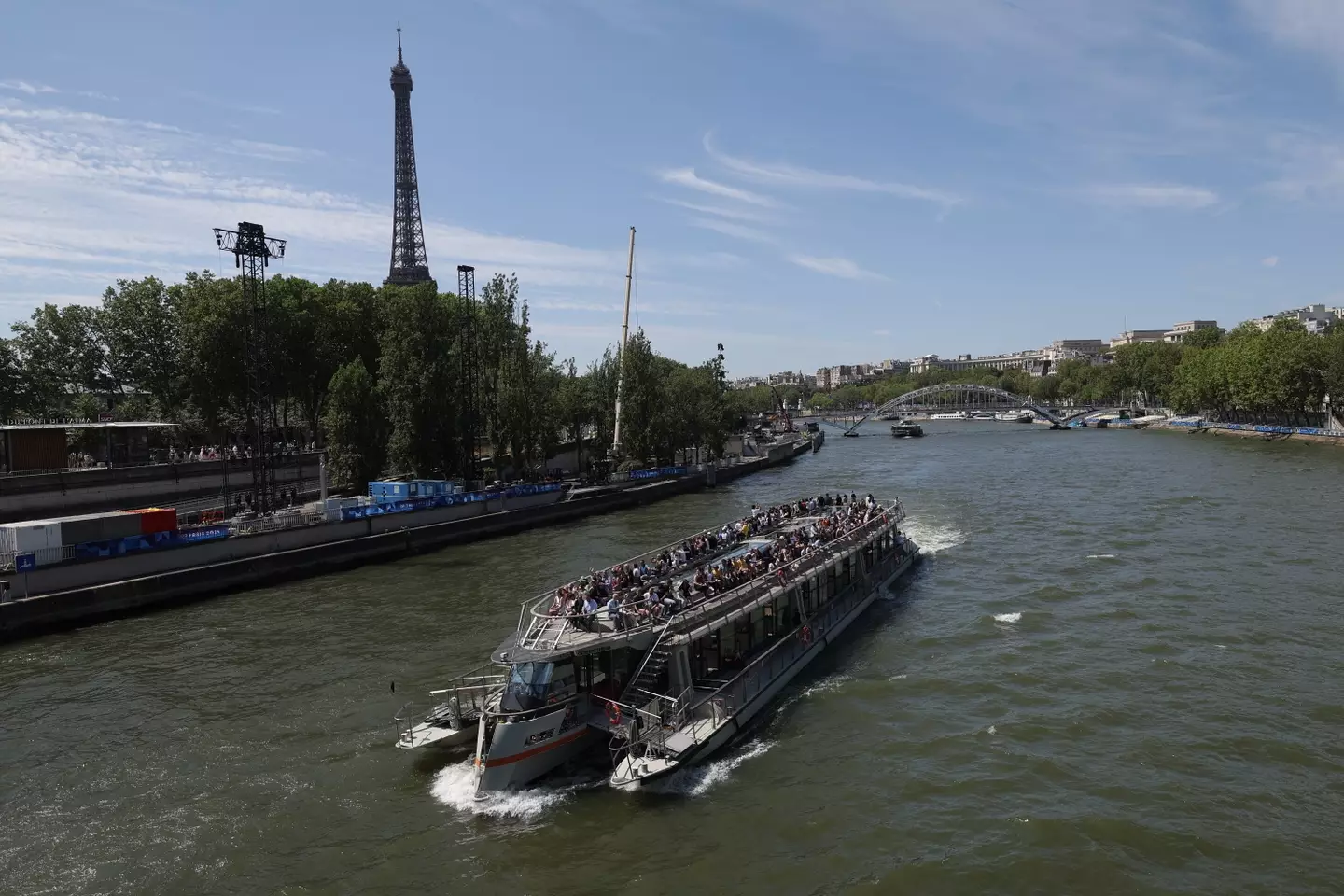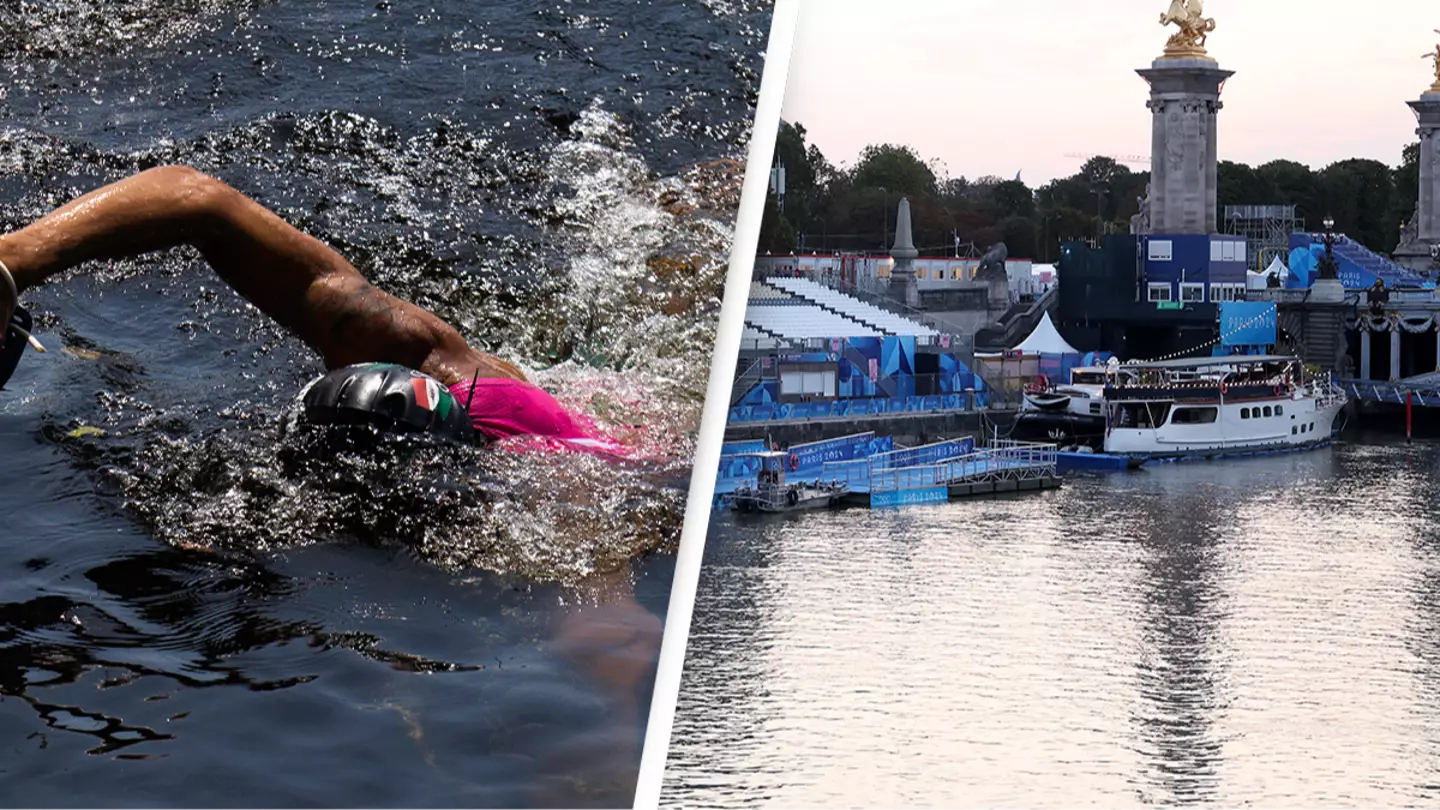Paris’ River Seine is becoming a problem for Olympic athletes.
Just last week before the Games began, Paris Mayor Anne Hidalgo took a swim in the city’s well-known river. This was an effort to show its safety after worries emerged about the water quality.
Significant efforts were made to clean up the Seine to make it suitable for swimming for the athletes. Although there were hopes that the water would be safe, the triathlon’s future in this year’s Olympics is now uncertain.
Earlier today (July 30), it was revealed that the men’s triathlon at the Paris Olympics has been delayed due to ongoing concerns about the River Seine’s water quality.
Triathletes’ swimming training sessions scheduled for Sunday and Monday were cancelled, leading to the decision to move the men’s race from its original 8am start time on Tuesday to Wednesday instead.
The rescheduled race will now take place at 10.45am local time, following the women’s race which remains set for 8am.
Responding to the postponement, World Triathlon released a statement: “Tests carried out in the Seine today revealed water quality did not provide sufficient guarantees to allow the event to be held.
“Despite the improvement in the water quality levels, the readings at some points of the swim course are still above the acceptable limits.”

A significant issue of concern is the levels of E. Coli in the river.
The presence of certain strains of E. Coli can lead to severe symptoms such as intense stomach cramps, bloody diarrhea, and vomiting among the athletes.
Adults typically recover from this bacterial infection within a week, but it has the potential to cause life-threatening kidney failure in young children or the elderly, according to Mayo Clinic.
If pollution levels do not see improvement, World Triathlon might decide to convert the race into a duathlon.

At a press conference, World Triathlon president Marisol Casado mentioned that the organization has had to modify events in recent years, possibly due to climate change.
“Unfortunately in the last five years we have had to change to duathlon to avoid cancelling the event, because if we cancel the event there are no medals or prize money in our [World Triathlon events],” Casado said.
“The climate has changed that we are facing.
“In some cases we have waves that are too high, in other moments we have electrical storms or something like that.
“We can finish and do a competition because our athletes really want to compete.
“I don’t think it is unfair, it is another situation of the competition.”

Paris 2024 sport director Aurelie Merle added that changing the event to a duathlon is considered a ‘last resort’.
She elaborated, as per Mail Online: “The difference with marathon swimming is that either you swim or you cancel the race, while in the triathlon you still have the opportunity as a last resort to move to a duathlon.”
A decision regarding whether to change the event is anticipated to be made tomorrow (July 31).

